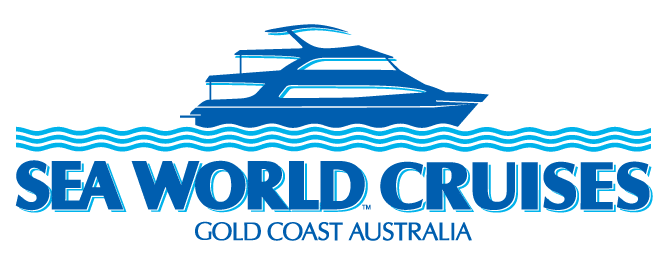Accessibility Guide
Assistance Animals Are Welcome
At Sea World Cruises, we recognise the vital role assistance animals play in the lives of many individuals living with disabilities and are proud to accommodate your service, guide or hearing animal aboard our vessels and at our venues.
Policy
Assistance Animals are permitted to accompany their owner in all public areas, including dining venues. Kindly note, we do not accept pets or emotional support animals.
While in public areas, assistance animals should be under the control of their handler at all times, using a leash, harness, or other appropriate restraint, unless such devices interfere with the animal’s work or the handler’s disability prevents their use. Please ensure your assistance animal is wearing a jacket with identifying branding from the organisation that qualified it, or have documentation available showing that the animal is qualified, accredited, and assisting the person it is with.
Care and supervision of the Assistance Animal is the sole responsibility of the owner.
Sea Sickness
Like humans, animals can experience sea sickness (also known as motion sickness).
Excessive salivation and vomiting are common side effects. Affected animals may also yawn, whine, or show signs of uneasiness and apprehension; severely affected animals may also develop diarrhoea. The effects of motion sickness are more pronounced in offshore environments, such as those encountered during our whale watching experiences.
You may wish to seek veterinary advice before travelling with Sea World Cruises to help prevent motion sickness in your assistance animal.
Can't Find What You're Looking For?
Head back to the Accessibility Guide home page, chat with one of our friendly team members on +61 (07) 5539 9299 or info@seaworldcruises.com.au, or check out our Frequently Asked Questions.

